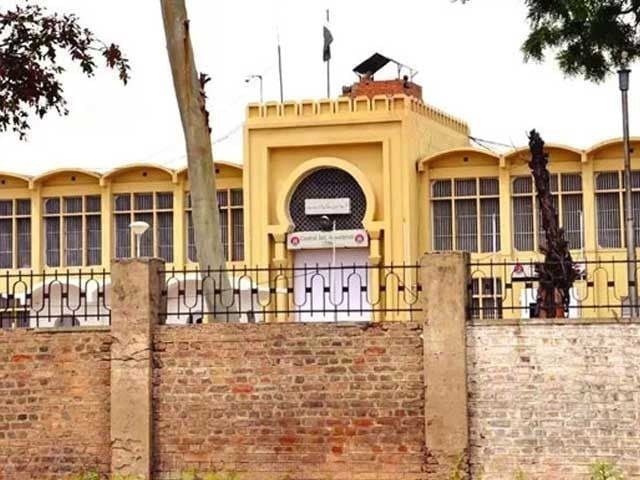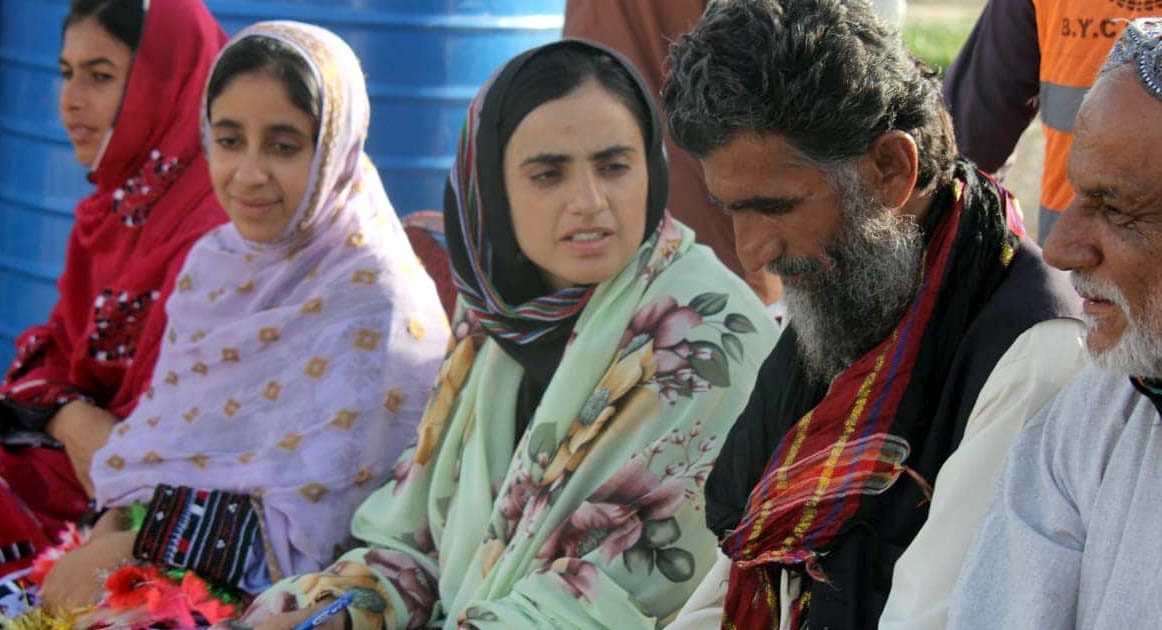Islamabad High Court Sets One-Month Deadline for Imran Khan’s Appeal in Maintenance Case

Islamabad: The Islamabad High Court has directed a one-month timeframe for deciding on an appeal in the maintenance case involving Pakistan Tehreek-e-Insaf (PTI) Chairman Imran Khan and his wife, Bushra Bibi. During the hearing at the Islamabad High Court, the direction to decide the appeal within one month was issued upon the reconsideration request.
Khawar Maneka’s counsel informed the court that senior lawyer Rizwan Abbasi is occupied in the Supreme Court, requesting a brief delay in the case. In response, Imran Khan’s lawyer Salman Akram Raja presented arguments stating that Khawar Maneka’s legal team expressed their intention to travel to Iraq and Iran for pilgrimage, hence requesting the one-month deadline extension.
Justice Miangul Hassan Aurangzeb remarked that the case would be taken up again at 11:30 am. “If Rizwan Abbasi arrives, we will hear his arguments. If Khawar Maneka’s lawyers do not appear, we will decide based on the record,” he added.
Salman Akram Raja highlighted, “Today is July 9, and the deadline for decision is July 12.” Following the adjournment of the hearing, the court scheduled the next hearing after the break. After the break, during the resumption of the hearing, counsel Rizwan Abbasi representing Khawar Maneka appeared in court. Representatives from PTI and Bushra Bibi were also present.
Justice Miangul Hassan Aurangzeb, while securing the preserved decision, addressed the session court, ordering a directive to decide appeals within one month. Islamabad High Court has retained the decision to decide on the central appeals within a month and had already instructed the session court.
It should be remembered that yesterday in Islamabad’s district and session court, during the central appeals for the former Prime Minister Imran Khan and his wife Bushra Bibi’s maintenance case, during the hearing, Judge Afzal Majoka commented that the Islamabad High Court’s decision holds importance, and I cannot even think of violating it.
The District and Sessions Court in Islamabad has postponed the central appeals against the penalty in the divorce case of former Prime Minister Imran Khan and his wife, Bushra Bibi, until July 8. Judge Aftab Mehmood remarked that the verdict will be delivered by July 12 at the latest.
On July 2, lawyer Salman Akram Raja had provided partial evidence in response to the plea for suspension of sentence. It is pertinent to mention that on June 27, the Islamabad District and Sessions Court had rejected the suspension request in the divorce case of Imran Khan, the founder of Pakistan Tehreek-e-Insaf (PTI), and his wife Bushra Bibi.
Earlier, on January 31, the Islamabad High Court had directed a decision within ten days on the suspension plea in the divorce case involving Imran Khan and Bushra Bibi. It had also ordered a one-month deadline for central appeals in the illegal marriage case.
In February, the Special Court had sentenced former Prime Minister and PTI founder Imran Khan and his wife Bushra Bibi to seven years in prison in the divorce case. On January 16, charges were formally framed against Imran Khan and Bushra Bibi in the divorce case.
Bushra Bibi had also challenged the illegal marriage case in the Islamabad High Court on January 15, with Chief Justice receiving the petition on January 17.
Background of the Divorce Case:
It may be recalled that on November 25 last year, in Islamabad’s Court of Justice, Bushra Bibi’s former husband Khawar Maneka had filed a divorce case against Imran Khan and his family during the divorce. The application was filed under Section 494/34, B-496 and other provisions.
The application had argued that the property rights of Pakistan’s former Prime Minister, and Movement for Justice (PTI) Imran Khan, were owned by his family.
The local court in Islamabad has accepted for hearing a case against Prime Minister Imran Khan and his wife Bushra Bibi regarding an alleged illegal marriage, following a petition filed by Khawar Manika.
In the petition, Khawar Manika claimed that Imran Khan and Bushra Bibi entered into an unlawful marriage during the waiting period (‘iddat’) after her divorce, without her consent. She further alleged that the marriage violated both Pakistani Penal Code and Islamic teachings.
According to the petition, it was revealed that during the waiting period, Imran Khan and Bushra Bibi secretly married in February 2018 through the services of Mufti Saeed. This act, Manika argues, constitutes a serious offense under sections 496/496-B of the Pakistan Penal Code.
The court’s decision to entertain the case comes after months of legal maneuvering, with Manika demanding strict penalties for both Imran Khan and Bushra Bibi, in accordance with constitutional and legal provisions.
The case is set to draw significant attention as it unfolds, potentially impacting the political landscape in Pakistan.






